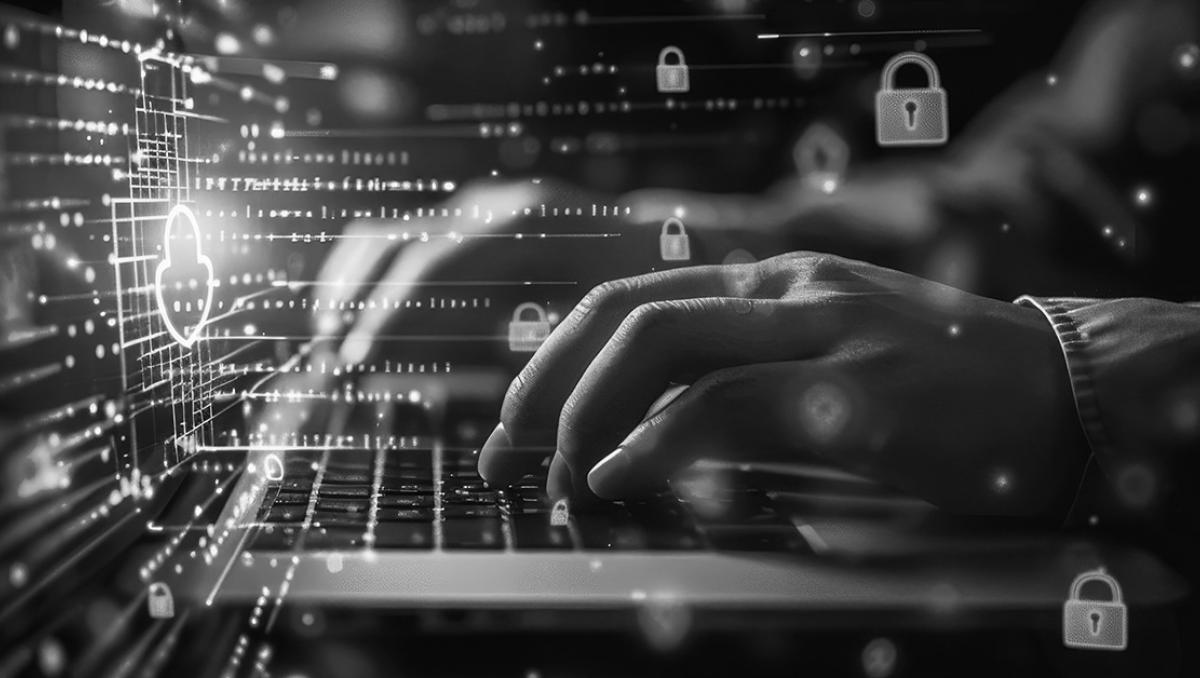- Apple doesn't need better AI as much as AI needs Apple to bring its A-game
- I tested a Pixel Tablet without any Google apps, and it's more private than even my iPad
- My search for the best MacBook docking station is over. This one can power it all
- This $500 Motorola proves you don't need to spend more on flagship phones
- Finally, budget wireless earbuds that I wouldn't mind putting my AirPods away for
Essential Security Best Practices for Remote Work

As we continue to embrace remote work, it’s crucial to keep our security practices sharp to protect both company and personal data. With increasing cyber threats, adhering to security best practices helps us safeguard our information and maintain our productivity. Here’s a quick guide to help you stay vigilant and secure while working remotely.
Secure Your Home Office
- Pick a space that is private.
- Do not allow family or friends to use your work devices.
- Do not use your work devices for personal use.
- Lock your device when you must step away.
Stay in Communication
Stay connected with the company while you are working remotely. Your IT and Security department may have special requests or make new tools available to you.
- Resist the temptation to use unapproved tools or store data outside of company resources. If you need something you do not have to get your job done, please ask your IT department or escalate the request through your manager.
- Be alert for phishing emails or phone calls. Criminals try to take advantage of fear and uncertainty by sending emails that appear to be from authorities or company officers, trying to lure you into clicking on malicious links or providing your confidential information.
- Never click an attachment you were not expecting, even if it appears to be from somebody you know. It is always best to check back with that person to make sure the attachment is legitimate before you open it.
Travel Tips
When you are out on personal travel, leave your company devices at home stored in a safe place. This will reduce security risks.
- Update your mobile software. Treat your mobile device like your home or work computer. Keep your operating system software and apps updated, which will improve your device’s ability to defend against malware.
- Back up your information. Back up your contacts, photos, videos and other mobile device data with another device or cloud service.
- Keep it locked. Get into the habit of locking your devices when you are not using them. Even if you only step away for a few minutes, that is enough time for someone to steal or destroy your information. Use strong PINs and passwords.
- Think before you connect. Before you connect to any free public wireless hotspot, be sure to confirm the name of the network and exact login procedures with the appropriate staff to ensure that the network is legitimate. Do not conduct sensitive activities, such as online shopping, banking, or sensitive work using a public wireless network. Using your mobile data connection is more secure than using a public wireless network.
- Think before you click. Use caution when downloading or clicking on any unknown links.
Delete emails that are suspicious or are from unknown sources. Review and understand
the details of an application before installation. - Guard your mobile device. To prevent theft and unauthorized access or loss of sensitive
information, never leave your mobile devices–including any USB or external storage
devices–unattended in a public place. Keep your devices secured in taxis, at airports, on
airplanes, and in your hotel room.
Be Educated and Prepared
- Security Awareness: Regularly review security training materials and stay informed about common threats like phishing and social engineering.
- Incident Reporting: Report any suspicious activity or security incidents immediately. Quick action helps mitigate potential damage.
Follow Company Policies
- Remote Work Policies: Familiarize yourself with your remote work policies and adhere to them. These guidelines are designed to protect your collective data and systems.
Use Strong Authentication and Passwords
- Multi-Factor Authentication (MFA): Always enable MFA for accessing company systems and accounts. This adds an extra layer of security beyond just your password.
- Strong Passwords: Create complex, unique passwords for each of your accounts and update them regularly. Avoid using easily guessed information. A password manager can make this task very easy.
By adhering to these security best practices, you play a crucial role in protecting your company’s data and maintaining a secure remote work environment.

